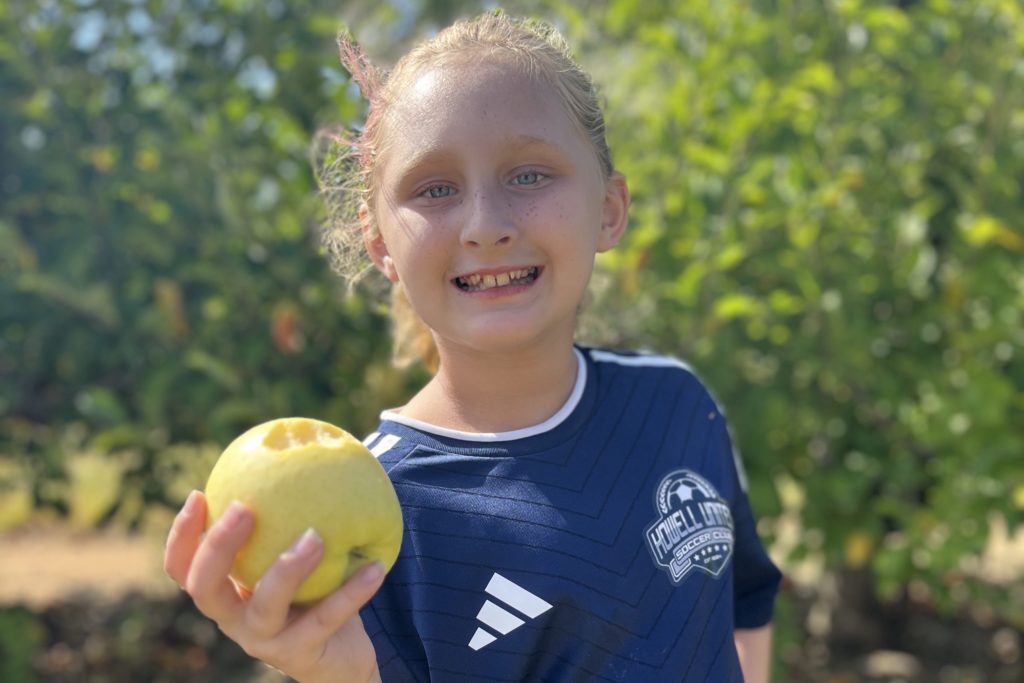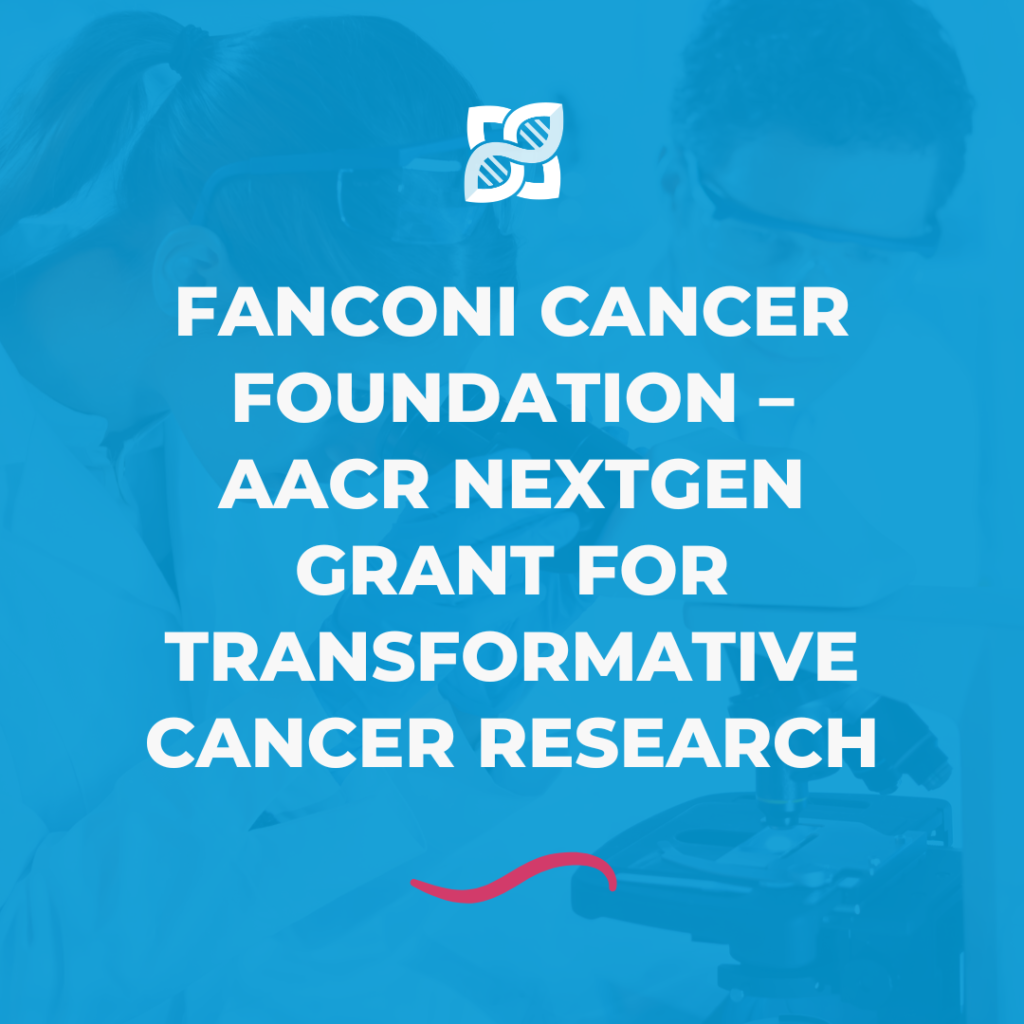Pilot Study on Metformin
A National Institutes of Health program project grant on Fanconi anemia (FA) led by Dr. Markus Grompe at Oregon Health & Science University identified that metformin (a drug approved by the FDA to treat type II diabetes), demonstrated improved blood counts and delayed tumor formation in FA mouse models, and also decreased chromosomal breakage in cells from people with FA. Additional research has shown that non-FA patients taking metformin also have a decreased incidence of cancer.
These previous studies led to the initiation of a clinical trial to study metformin for Fanconi anemia in April of 2018 at Boston Children’s Hospital. Patients with FA receive metformin orally for six months followed by a one-month follow-up period. The clinical trial studies the effects of metformin on blood counts, the safety and tolerability of the medication, and the effects on DNA damage pathways and bone marrow health.
Dr. Akiko Shimamura, one of the investigators, presented an update on the study at the 2019 FARF Symposium. So far, the study has enrolled 14 patients, and 13 were eligible to start study treatment. Six patients have completed study treatment and seven patients are currently still on metformin.
With small numbers of patients and short follow up, the study most commonly observed an increase in neutrophil counts. Trends suggest an increase in the colony-forming capability of hematopoietic cells and a decrease in chromosomal breakage along with reduction in DNA adducts. The trial aims to recruit 10 additional participants. Formal analysis of the study results will be performed once the trial is complete.
Quercetin Phase I Trial to Reduce Oxidative Stress in Children with FA
Dr. Parinda Mehta presented results on an FDA-funded phase I study focused on the effects of quercetin (an antioxidant found in many foods) on reactive oxygen species (ROS) and hematopoietic stem cells that is currently being conducted at Cincinnati Children’s Hospital. Six patients with FA (median age six years) received quercetin at an optimized weight-adjusted dose (max dose of 4000 mg/day). All patients completed four months of quercetin treatment and five out of six patients received quercetin up to two years on the continuation phase of the study. ROS levels in peripheral blood (PB) showed sustained reduction after two years of quercetin treatment compared to baseline pre-treatment levels. ROS levels also decreased in bone marrow and stem cells at two years. Bone marrow colony formation increased at two years compared to baseline and the total number of stem cells also increased. These results supported enrollment of an expansion cohort of an additional 15 patients who are receiving optimal dose quercetin. The study results thus far indicate that quercetin therapy leads to a sustained reduction in oxidative stress in children with FA after two years of treatment, along with continued improvement in marrow function.
Haploidentical transplantation with Post-Transplant Cyclophosphamide (Haplo-PTCg)
Haploidentical transplants, or allogeneic transplants that rely on half-matched donors, are sometimes necessary in countries with limited resources. Dr. Carmen Bonfim from the Federal University of Paraná in Curitiba, Brazil presented on using haploidentical transplantation with post-transplant cyclophosphamide (Haplo-PTCg) in 32 patients with Fanconi anemia (FA) between 2008 and 2019. The median age of the patients was 10 years and 72% were male. For 49 patients, it was their first transplant, and it was the second or third for four of the patients. Three patients rejected the first transplant and received a second one using different family donors. Forty-four patients were in aplastic phase and nine patients had myelodysplastic syndrome (MDS)/acute myeloid leukemia (AML). All patients had failed androgen therapy and 93% were transfused.
The preparatory regimen consisted of fludarabine plus total body irradiation with or without cyclophosphamide and with or without r-anti-thymocyte globulin (r-ATG). The results from the study show that Haplo-PTCg should be offered as an option for patients with FA who lack a matched related or unrelated donor and have not responded to androgens. The cohort in this study were high-risk patients transplanted in a country without access to expensive and sophisticated T-cell depletion techniques. Despite these limitations, almost 80% of the patients who received ATG in the preparatory regimen are alive. The incidence of graft-versus-host disease (GvHD) is still high and identifying better techniques to prevent and treat GvHD are urgently needed in order to improve the quality of life of surviving patients.




